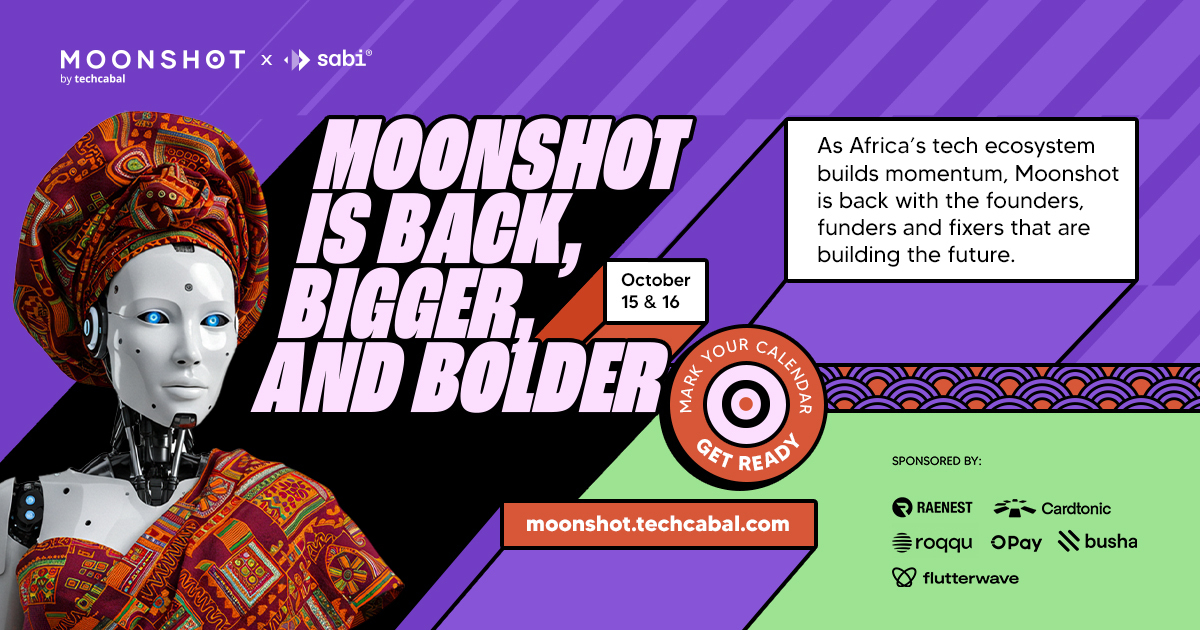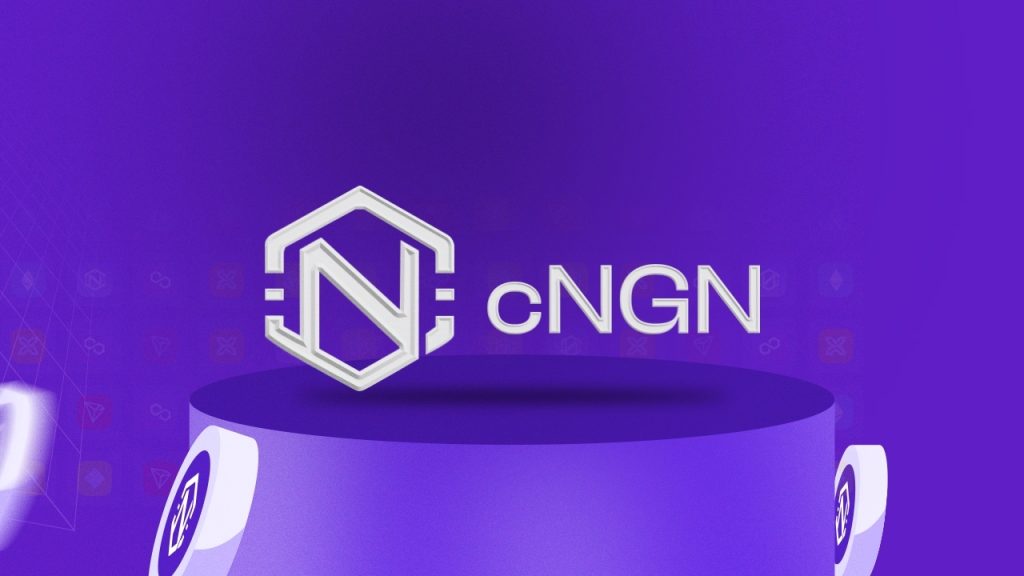For the first time, everyday Nigerian investors surpassed institutional investors in Q1 2024, capturing 1.1% more of capital markets investments than the latter. It is an indication of a growing appetite for wealth creation among everyday consumers. Yet, despite this momentum, the market’s growth remains constrained by investment platforms that aren’t user-friendly, according to a new report from product research firm Check.
The report found that 80% of retail investment platforms in Nigeria fall below global usability standards, citing slow, clunky, and confusing user experiences. This poor design pushes first-time investors away from credible platforms and into riskier alternatives like Ponzi schemes and crypto scams.
According to the report, Nigerians have lost ₦90 billion to Ponzi schemes in the last two years, and more than ₦1 trillion in the past 25 years, underscoring the cost of weak investor education and poor digital experiences that fail to retain retail users on legitimate platforms.
“The next wave of market leaders will be those who build seamless, mobile-first experiences that empower emerging investors through speed, simplicity, and education,” said Lanre Wright, Head of Innovation and Growth at Check, in the report.
The report shows that Nigeria’s retail trading volume jumped from ₦618.79 billion in 2020 to ₦2.31 trillion in 2024, driven by macroeconomic pressures, improved mobile access, rising financial literacy, attractive interest offerings, and stronger market performance. This marks a 106.3% year-on-year increase from 2023.
Still, active participation remains low: fewer than 500,000 Nigerians out of 3 million registered capital market investors actively trade. That figure lags behind platforms like PiggyVest and crypto apps, which have 5 million and 3 million users, respectively, highlighting how capital market platforms continue to lose ground in the battle for retail investor attention.
Check’s usability audit of 10 do-it-yourself (DIY) investment platforms found that only two met the global usability benchmark score of 68. The rest suffered from clunky Know-Your-Customer (KYC) processes, confusing navigation, cluttered interfaces, and a lack of embedded user guidance, issues that erode trust and push users toward informal or riskier alternatives.
For Nigeria’s capital investment market to be more accessible, the report concludes, investment platforms need to invest in user trust by building out seamless user experiences in their digital backends.
Mark your calendars! Moonshot by TechCabal is back in Lagos on October 15–16! Join Africa’s top founders, creatives & tech leaders for 2 days of keynotes, mixers & future-forward ideas. Early bird tickets now 20% off—don’t snooze! moonshot.techcabal.com











